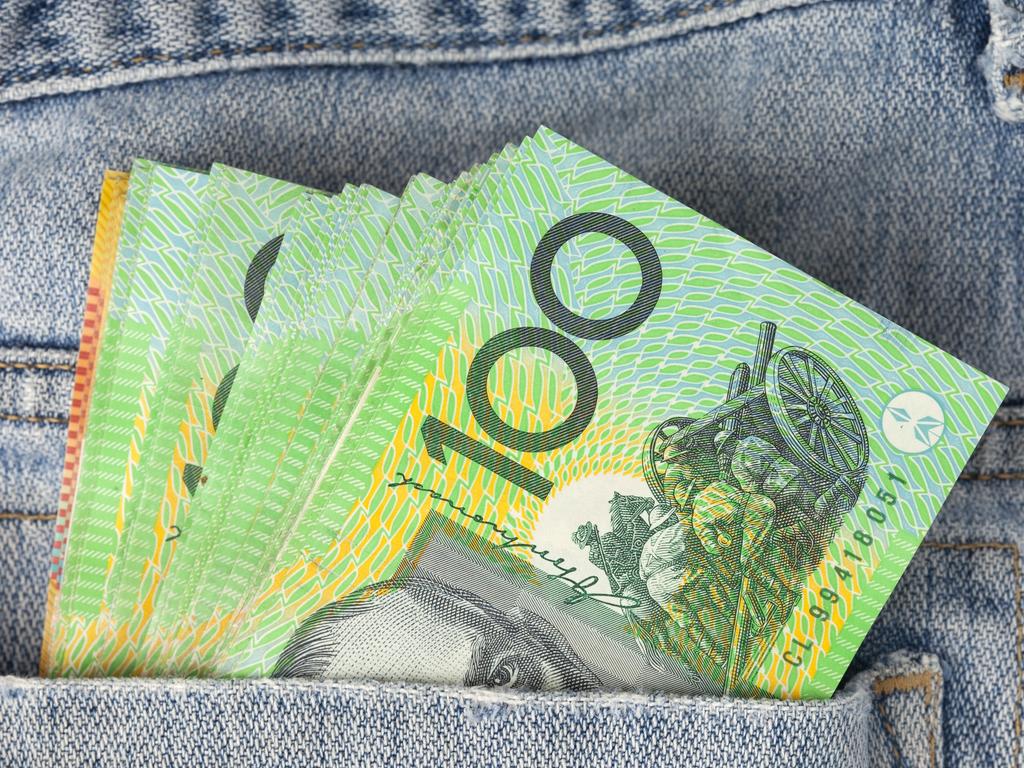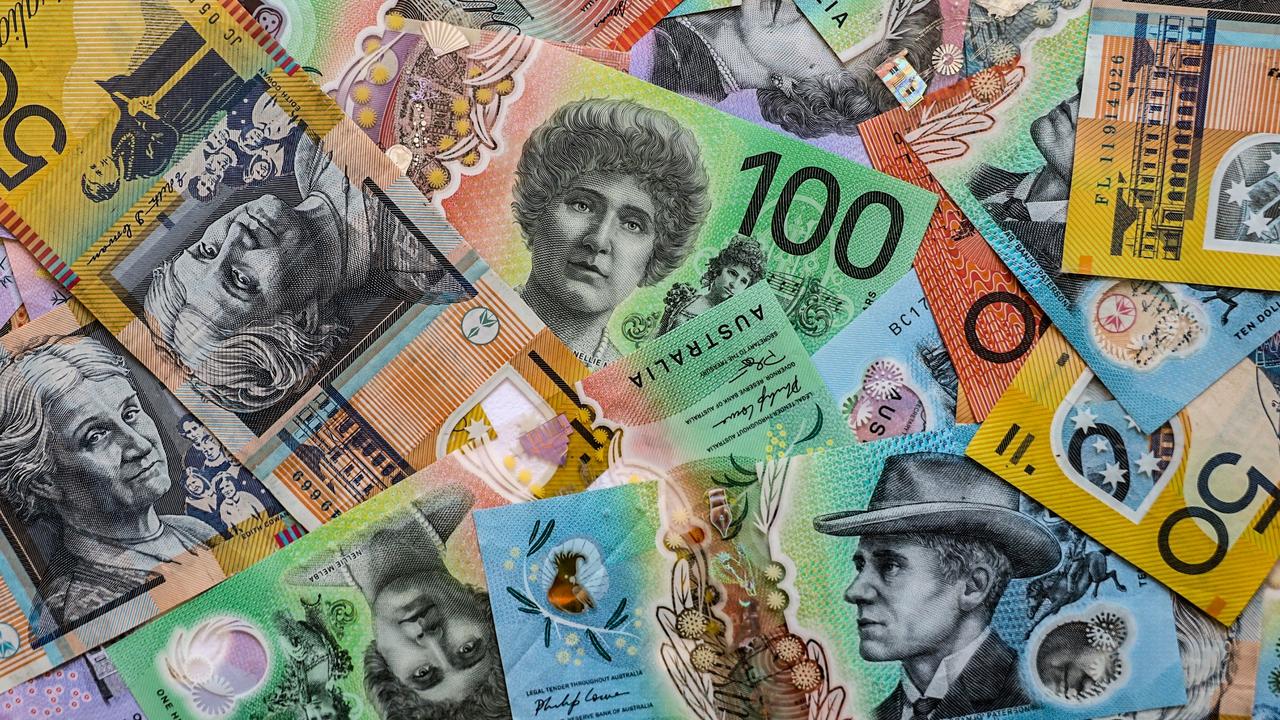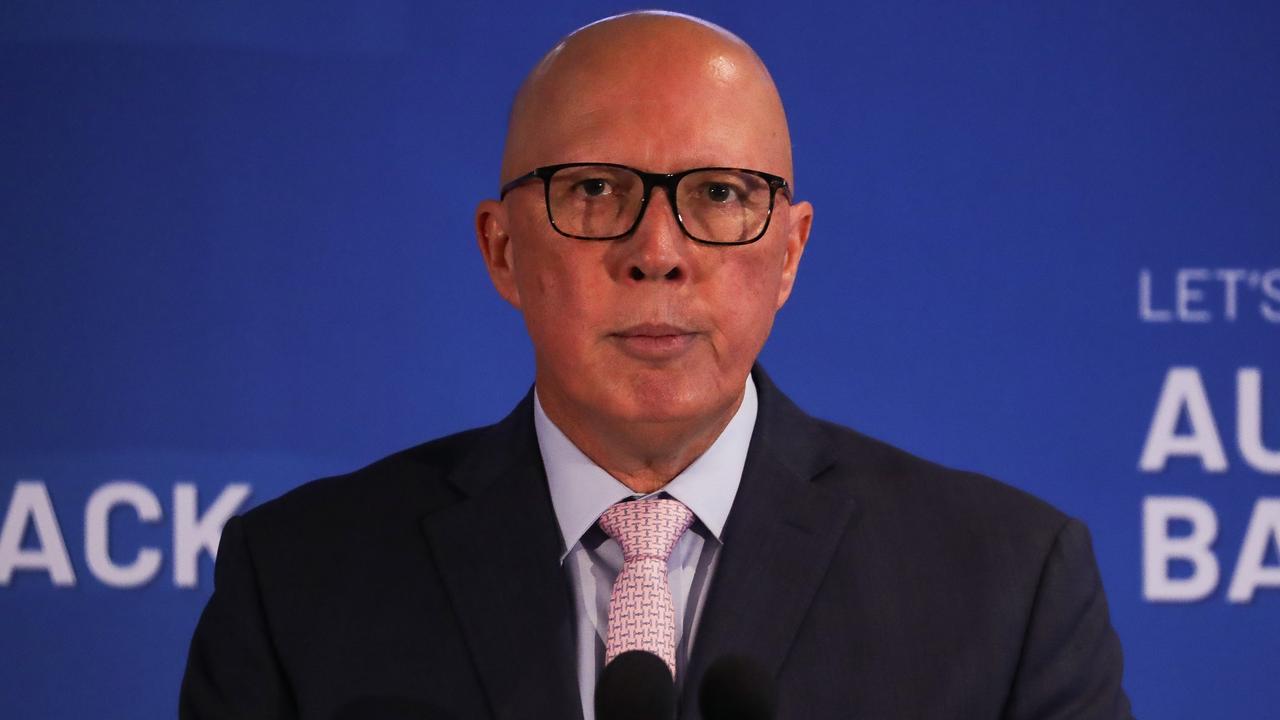Income tax cuts announced in Budget: What you’ll get
The Budget is brimming with sizeable tax cuts for millions of Australians. This is how much money is headed back to your pocket.

While a Budget surplus is nice, income tax cuts are much, much nicer.
The government announced both on Tuesday night, doubling some of the tax cuts offered last year.
Treasurer Josh Frydenberg says 10 million Aussies will benefit from the changes — the only question is whether the government will still be around to implement them after next month’s election.
Regardless, here’s what’s on offer for you.
IF YOU EARN UP TO $18,200 A YEAR
People on this income level will continue to pay no income tax.
IF YOU EARN $18,201-$37,000 A YEAR
Lower income earners can expect to receive a $55 tax cut in the 2019-20 financial year, which amounts to $1 a week. A solitary buck doesn’t go far these days. You are probably priced out of buying an extra bottle of water per week, but you could probably afford a Curly Wurly.
If you factor in tax cuts already announced last year, people in this income bracket will be granted a $255 tax cut when compared to 2017-18 levels.
IF YOU EARN $37,001-$48,000
If you’re in this income bracket, you’ll get a $190 tax cut, which amounts to about $3.70 a week. You guys are good to shell out on that weekly bottle of water.
With last year’s cuts factored in, that’s $480 in tax relief.
IF YOU EARN $48,001-$90,000
Most of the tax relief in this Budget flows to middle income earners, who will receive a tax cut of $550. If you look at it as a weekly pay bump, it amounts to $10.60 a week — enough to pay for the Netflix, Stan and Foxtel streaming services combined.
This announcement doubles the tax cuts announced last year. With both sets of cuts taken together, singles will receive a maximum $1080 in tax relief based on 2017-18 levels, and dual income families will receive a maximum $2160 cash back.
With the average full-time worker earning between $80,000 and $90,000, millions of Aussies will be able to enjoy this cash splash.
In his speech to parliament on Tuesday night, the Treasurer made some suggestions about how you could spend this tax cut.
“This is money that could go towards your monthly mortgage payment, your quarterly power bill or your yearly car insurance,” Mr Frydenberg said.

IF YOU EARN $90,001-$126,000
People on $90,000 also enjoy the highest cut of $550 with the amount of tax relief gradually reducing to zero for those on a taxable income of $126,000.
For example, if you make $100,000 a year, you’ll get a $400 cut; if you’re on $120,000 you’ll get a $100 cut.
IF YOU EARN $126,000-$200,000
Sorry guys, no dice.
Higher income earners have no tax cuts in this Budget. They were handed a modest $135 cut last year, though.
WHEN DO THE TAX CUTS KICK IN?
The tax cuts will not be seen in your weekly pay packet. They will be delivered in a lump sum “tax offset” in your annual tax return, starting July 1.
(Oh, and you’ll only see the extra dosh if the government is re-elected.)
BUT WAIT, THERE’S MORE
It’s not all bad news for higher income earners.
If the government is re-elected, it has big plans to flatten out tax rates, which would lead to big cuts for the wealthy.
The government wants to lower the marginal tax rate — which covers those earning $37,001 to $87,000 — from 32.5 cents in the dollar to 30c.
But then the government wants to go a step further and abolish the second highest tax rate of 37c by lifting the 30c marginal tax rate threshold from $87,001 to $200,000.
This would give additional tax relief to everyone earning between $45,000 and $200,000 — more than 94 per cent of all Australians.
It would cut the number of income tax brackets from five to four, and would mean everyone earning between $45,001 and $200,000 would effectively pay the same tax rate.
This is a significant change to Australia’s progressive tax system, which is based on the principle that those who earn more should pay a higher percentage in tax.
If implemented, it would mean an Aussie on $50,000 a year would receive a $1205 tax cut based on 2017-18 levels. Someone on $200,000 would receive a whopping $11,640.
Mr Frydenberg insists, however, the tax system will remain “highly progressive”.
“The top 5 per cent of taxpayers (will pay) one third of all income tax collected,” the Treasurer said in his Budget speech.
“And someone earning $200,000 (will pay) 10 times as much tax as someone on $45,000.”
All that said, don’t hold your breath on these structural changes. They are not scheduled to kick in until 2024-25, so the Morrison Government would need to win the next two elections to implement them.
WHAT’S THE BIG IDEA?
The new, bigger tax cuts are an acknowledgment by the government that, although the Budget is in good shape, people are still feeling the pinch.
“This tax relief will lift household incomes, ease cost-of-living pressures and boost spending at local businesses,” Mr Frydenberg said.
The Treasurer is also keen to paint Labor as the party of higher taxes.
In his Budget speech on Tuesday night, he mentioned the word “tax” 44 times.
The most repeated line in the speech was that the government would create a stronger economy “without increasing taxes”. In fact, he used the phrase “without increasing taxes” 10 times in the speech.
CAN WE AFFORD IT?
The tax cuts announced yesterday will cost the government $19.5 billion in lost revenue over the next four years.
If you include the larger structural changes to the tax system, the reforms cost $158 billion to the Budget bottom line over the next decade.
Mr Frydenberg announced a Budget surplus on Tuesday night — the first in 12 years — of $7.1 billion and has predicted surpluses to continue over the next four years.
If his projections prove to be correct, the government will have a $45 billion in surpluses over the next four years.
In short, the Budget’s back in the black, meaning we can afford it as a nation.
Are the tax cuts big enough and fair enough? Have your say in the comments below or continue the conversation @JournoLawJ



